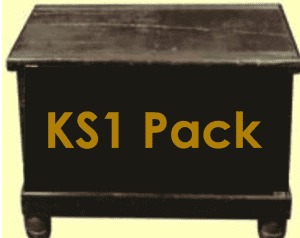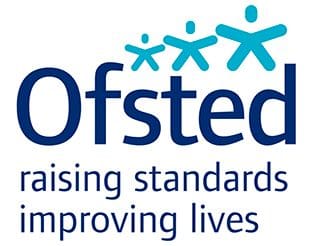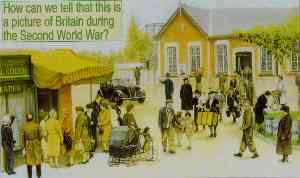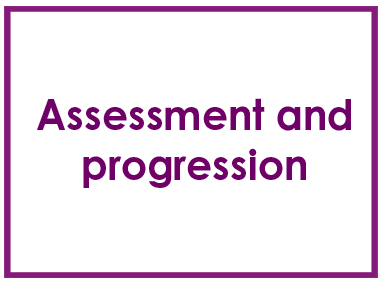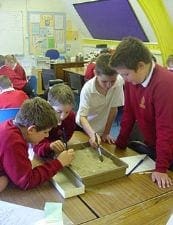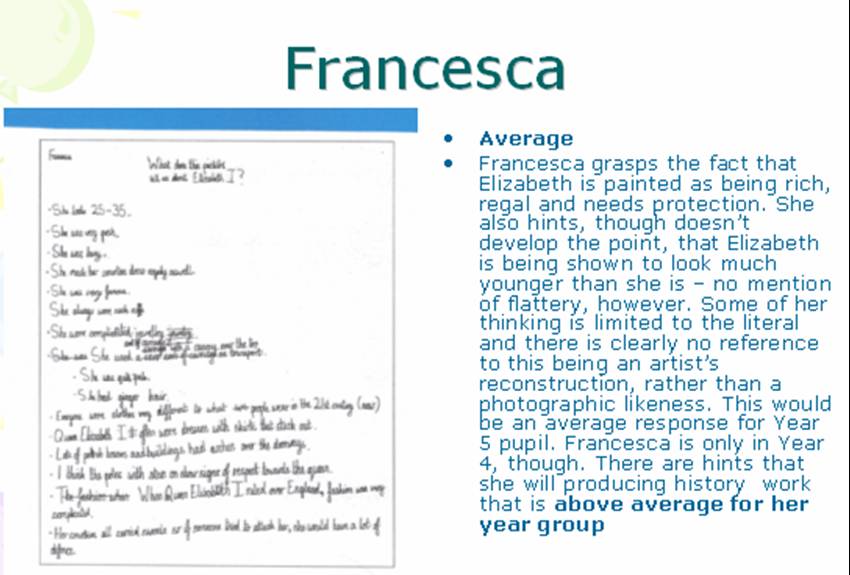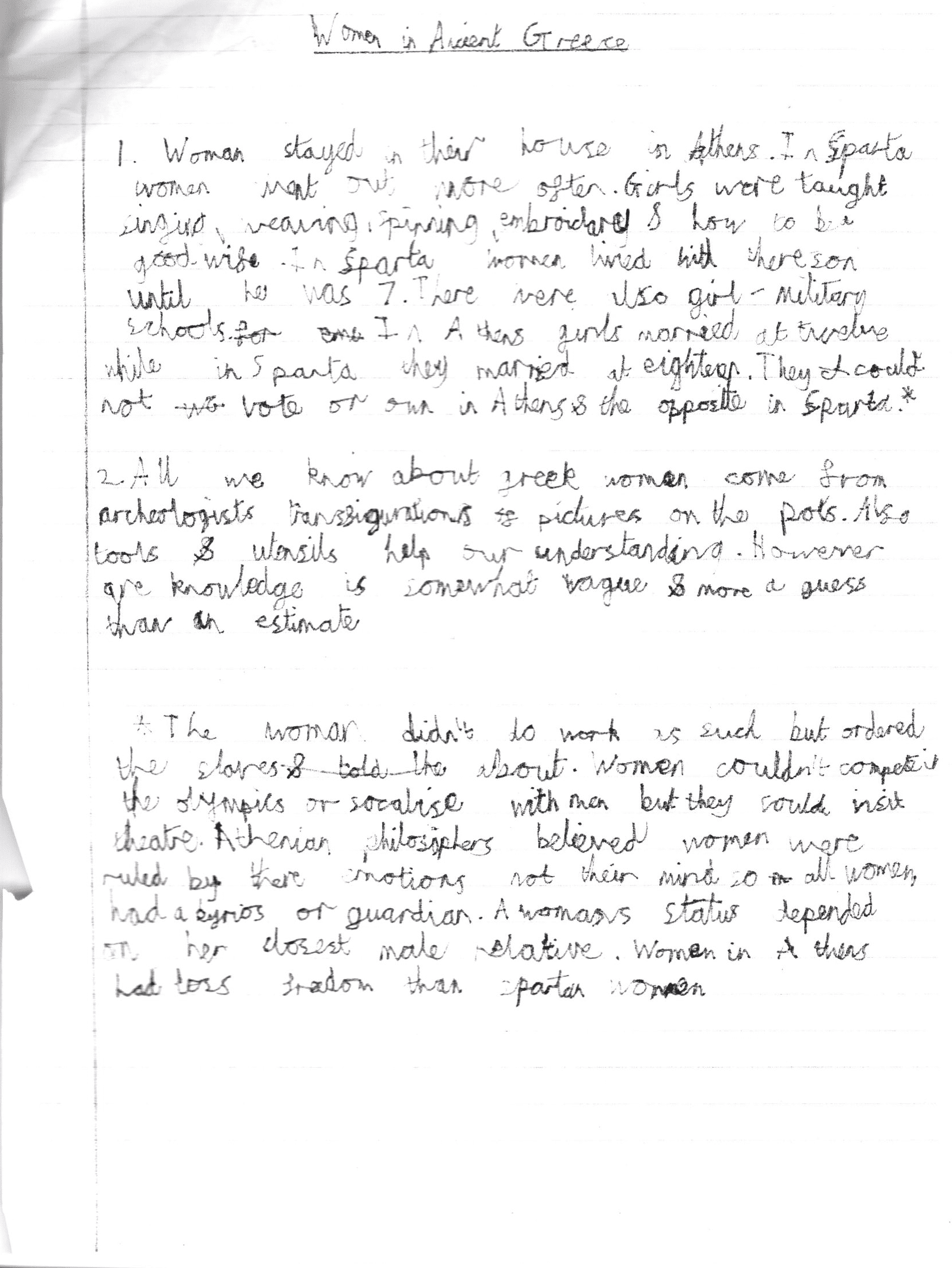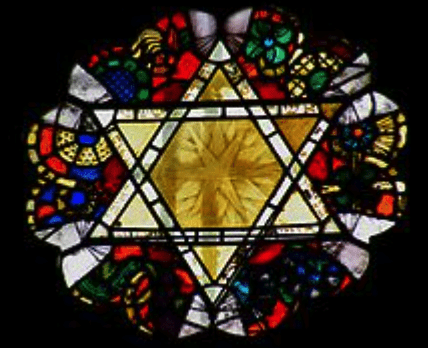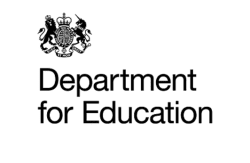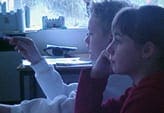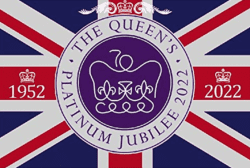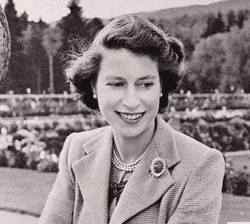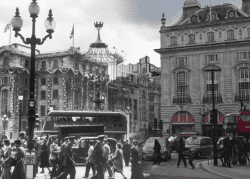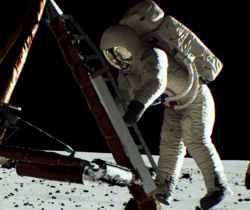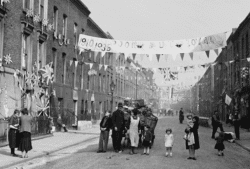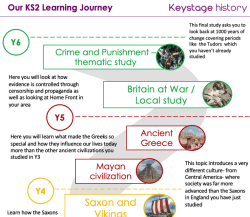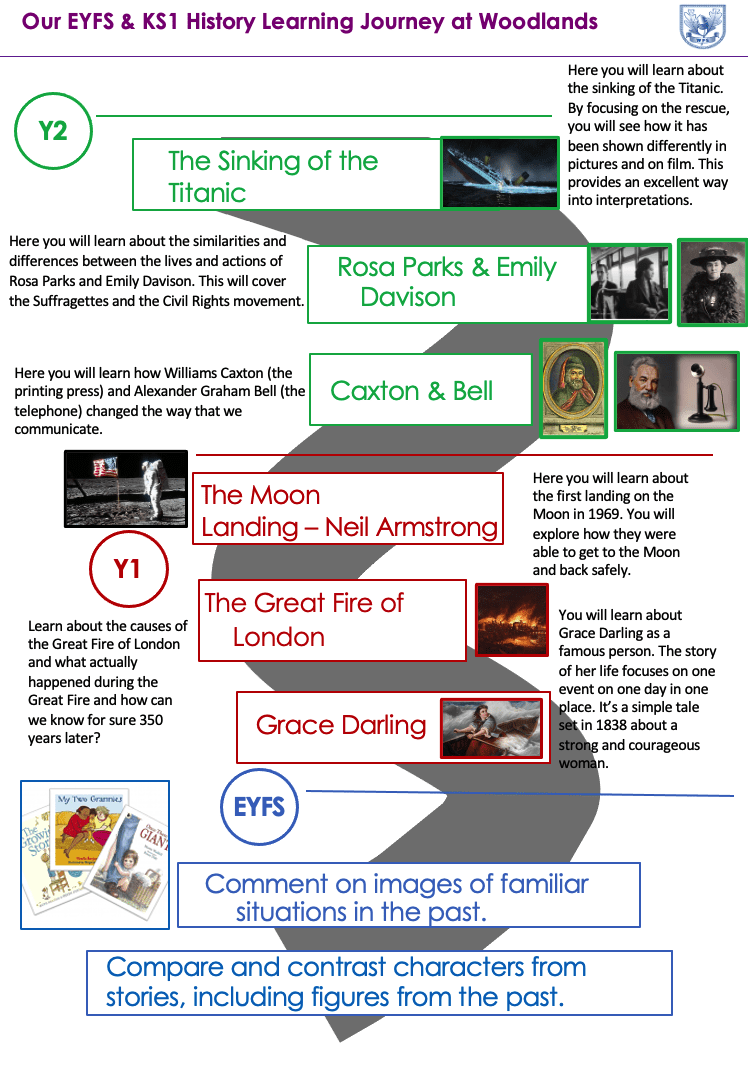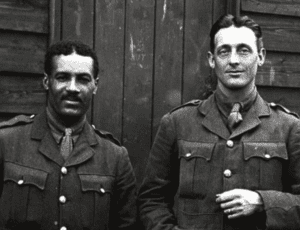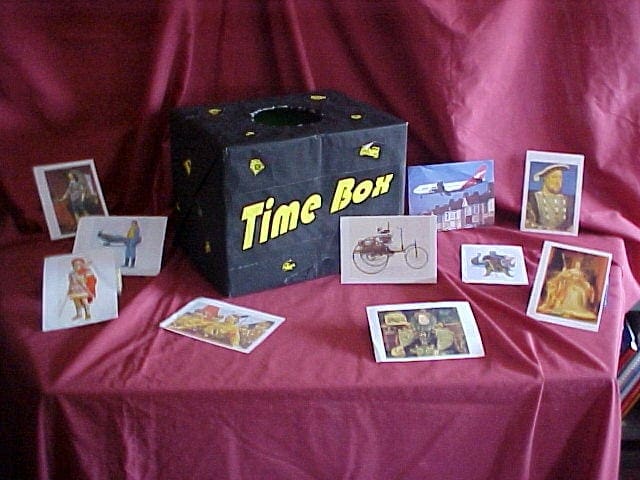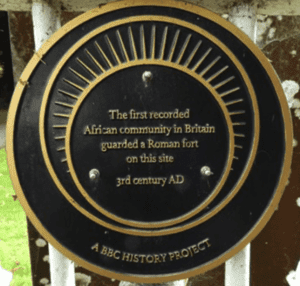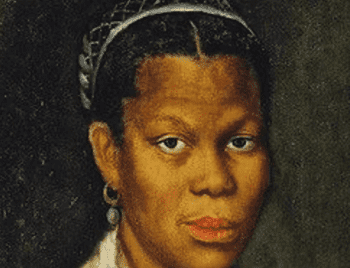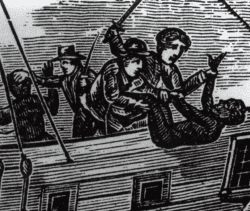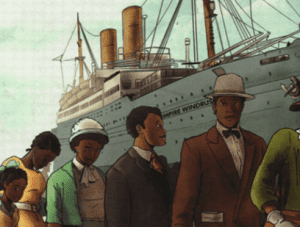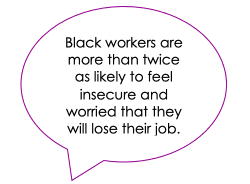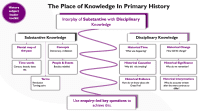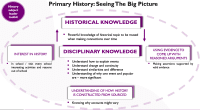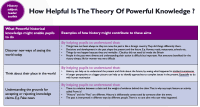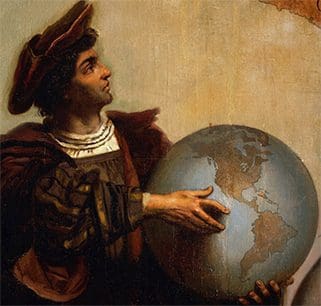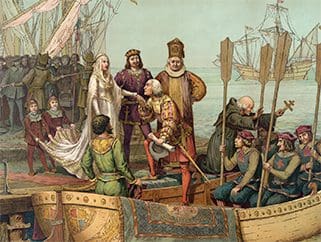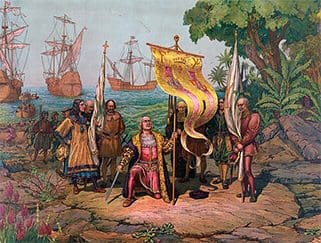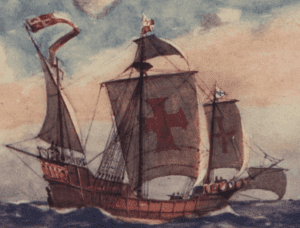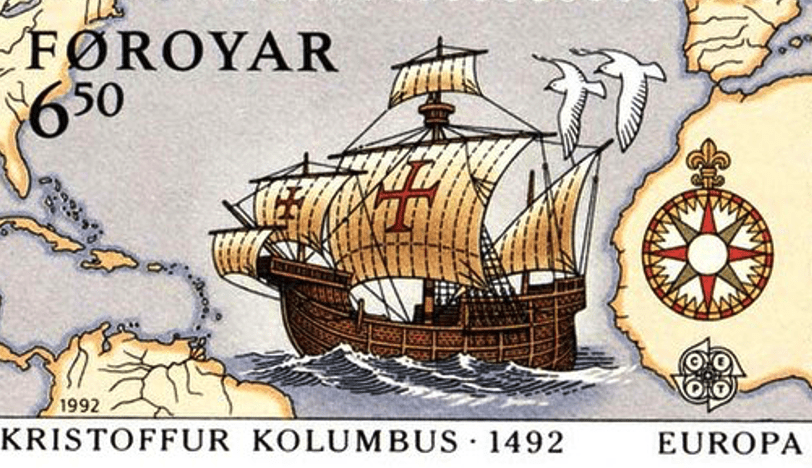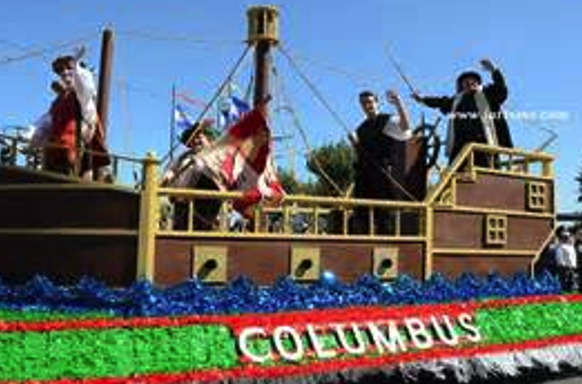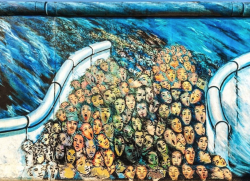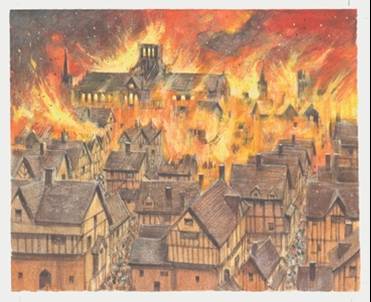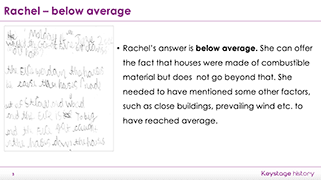Keystage history
Timebox – KS1 Pack
Mention the teaching of chronology to most infant teachers and their eyes glaze over. Their experience is that it is…
Read MoreBuilding vocabulary to help pupils’ historical understanding. My 100 top KS2 words
Word lists are all very well but do we carefully plan when words are acquired and then applied in a…
Read MoreSome key findings from OFSTED’s English curriculum report that affect history – May 2022
1. SEND While pupils with special educational needs or disabilities (SEND) are highly likely to need much more frequent repetition,…
Read MoreCommon assessment tasks in history at Key Stage 2
Many colleagues who have been sceptical about assessing history at Key Stage 2 have been won over by this simple…
Read MoreAssessment for learning in Primary history
Assessment for Learning is much-vaunted and many-faceted. If we break down what it means in its constituent parts, many of…
Read MorePrinciples of good assessment in history at Key Stage 2
As OFSTED reports have pointed out for many years, assessment in history is not strong in most schools and the…
Read MoreJudging pupils’ work at Key Stage 2
Teachers’ failure to carry out any useful diagnostic, formative or summative assessment in history at Key Stage 2 has come…
Read MoreTarget setting in history at Key Stage 2
With the emphasis that the Primary Strategy places on Assessment for Learning and the sharing of objectives, it would seem…
Read MoreGeneral advice regarding progression in history at Key Stage 2
A definitive paper explaining exactly what I think you should be doing in the realms of progression to help ensure…
Read MoreProgression by strand in history at KS2: a key element of deep dives
One of the most important tasks that a history subject leader carries out is that of helping colleagues to build…
Read MoreEverything you wanted to know about progression in history at KS2 but couldn’t find anywhere!
Progression in history at KS2: part of your preparation for an OFSTED history deep dive Planning for progression in history…
Read More10 places to go to find out about your local area
1. Go to your library Your local library will nearly always have a local history section that can tell you…
Read MoreMATs v Council-maintained? What does the evidence tell us about relative performance? May 2022
Council-maintained schools in England outperform academies in Ofsted rankings, according to analysis published on the day the government’s ambitions for…
Read MoreA pupil response to KS2 assessment task on women in Ancient Greece
Karl is in Y5 and has been taught in a school where standards are high but progress is slightly below…
Read MoreKS4 – Migration; Expulsion of the Jews 800 years ago : now a topical issue – May 2022
Those of you teaching about medieval England or the new thematic study on migration may for GCSE might like to…
Read MoreHere’s one i made earlier – The DFE’s plans for a new model primary history curriculum – May 2022
The DfE have been trailing the idea of a model curriculum for history for a while now. They seem to…
Read MoreTaking on history leadership: doing the right things – 10 key steps
Taking on subject leadership can be a daunting prospect, especially if it is your first. When there is so much…
Read MoreWhat makes a history department outstanding?
The department is an 11-19 comprehensive school serving Hounslow. Approximately 80% of the students are from minority ethnic groups. The…
Read MoreOFSTED’s judgements about historical concepts needs challenging
Most of us will question OFSTED’s judgment from time to time, not least because it is highly subjective. Maybe that…
Read MoreQueen Elizabeth II’s Platinum Jubilee – KQ1 – Why are we celebrating Queen Elizabeth’s platinum jubilee this year?
Subscribers only: You must be logged in to view this content in full. Please Login or register
Read MoreQueen Elizabeth II’s Platinum Jubilee – KQ2 – How do we know when and how Princess Elizabeth became Queen?
Subscribers only: You must be logged in to view this content in full. Please Login or register
Read MoreQueen Elizabeth II’s Platinum Jubilee – KQ3 – How has life changed for the queen since her coronation?
Subscribers only: You must be logged in to view this content in full. Please Login or register
Read MoreQueen Elizabeth II’s Platinum Jubilee – KQ4 – What important events have happened during the queen’s long reign? More suitable for older pupils
Subscribers only: You must be logged in to view this content in full. Please Login or register
Read MoreQueen Elizabeth II’s Platinum Jubilee – KQ5 – What were other jubilees like in the past? Most suitable for older pupils
Subscribers only: You must be logged in to view this content in full. Please Login or register
Read MoreInclusive history curriculum – March 2022
So you will have a new “model history curriculum” by 2024 to equip you with the skills to lead lessons…
Read MoreKS2 – Sharing the history learning journey with your pupils
An important part of planning your KS2 curriculum is being able to share the rationale with pupils and parents. So…
Read MoreExample of School using learning journey format in history at KS1
In response to our launch of the KS2 learning journey in history, Matthew headteacher of Woodlands was inspired to create…
Read More8 ways of improving the BAME dimension of your primary history curriculum
Bound as we all are,and not just as teachers, by the Equality Act, (not to mention our public sector duty),…
Read More′100′ great ideas for teaching history at KS2
This section describes the best of the imaginative ideas I have seen work successfully in the teaching of history at…
Read MoreKey points from OFSTED’s briefing on 2nd February 2022
Do leaders of a subject need to be specialists? In primary schools, particularly small ones, we know that staff wear…
Read MoreBlack and British – KQ1 – How shall we tell the story of the first Black Britons in Britain?
Pupils watch a brief introductory video for just 70 seconds, the point at which the film stops short of identifying…
Read MoreBlack and British – KQ2 – What part did Black people play in British life when they started to settle 500 years ago?
Focusing on four key documents, pupils have to work out what we can say about the role of Black people…
Read MoreBlack and British – KQ3 – What difference did the slave trade make to the experience of the Black people?
Having understood the nature of the transatlantic slave trade, and Britain’s role within it, pupils work in expert groups to…
Read MoreBlack and British – KQ4 – When so many Black people rushed to fight in the two world wars, why then is it only recently that their sacrifice has been properly recognised?
When so many Black people rushed to fight in the two world wars, why then is it only recently that…
Read MoreBlack and British – KQ5 – How did the arrival of the Empire Windrush change the way Black People were treated in Britain?
Subscribers only: You must be logged in to view this content in full. Please Login or register
Read MoreBlack and British – KQ6 – How far has life improved for Black people living in Britain in the last 60 years?
This active session asks pupils to create a physical fortunes graph to show the effects that changes in the law…
Read MoreThe Place of Knowledge In Primary History
The place of knowledge shows how substantive and disciplinary knowledge intertwine. They need to be seen together, a continuous interplay….
Read MoreSeeing The Big Picture
Seeing the Big Picture encapsulates the essence of the subject showing how all the key aspects that make up the…
Read MoreHow Helpful Is The Theory Of Powerful Knowledge?
How helpful is the theory of powerful knowledge? summarises the reasons why knowledge is important: not just finger-tip knowledge that…
Read More10 things OFSTED tend to comment on in primary history reports
I have just finished my analysis of all OFSTED’s primary history monitoring reports for the last 2 years. There has…
Read MoreColumbus – KQ1 – Why do you think we still remember Christopher Columbus, even though he’s been dead for 500 years!
Pupils are in the role of history detectives. They are given 8 progressively revealing, mainly visual, clues in a controlled…
Read MoreColumbus – KQ2 – How did Columbus become famous?
Pupils listen to an illustrated description of main episodes Columbus life which they then sequence from the jumbled images provided…
Read MoreColumbus – KQ3 – What was Christopher Columbus’s motivation?
Driving at the heart of Columbus ‘ motivation, allows pupils to build on what they have already deduced about his…
Read MoreColumbus – KQ4 – What was life like on board during such a long journey?
This question shifts the focus away from the actions of just one man and adds a colourful dimension to the…
Read MoreColumbus – KQ5 – How have opinions of Columbus changed in the light of new evidence?
In this session the focus is squarely on helping pupils to grasp that people’s opinions of Columbus have changed in…
Read MoreColumbus – KQ6 – How and why should we remember him?
Having seen the different ways in which Columbus achievements are still commemorated today, 500 years after his death, pupils have…
Read More10 key messages about teaching significant people in KS1 history
The most important changes in the way we teach this aspect of the KS1 curriculum are: a. the need to link…
Read MoreBerlin Wall – If relations between the superpowers were improving in the late 50s, why was the Berlin wall built in 1961? A Bone in the throat
This multi-faceted session starts with students having to shape their understanding of the reasons for the building of the Berlin…
Read MoreCommon assessment tasks in history at KS1
It is often difficult knowing how to assess pupils’ historical thinking at KS1. Are we simply testing literacy and /or…
Read MoreJudging pupils’ work in history at KS 1
This section of the site offers a few words of advice about assessing individual pieces of work and provides commentaries…
Read More
